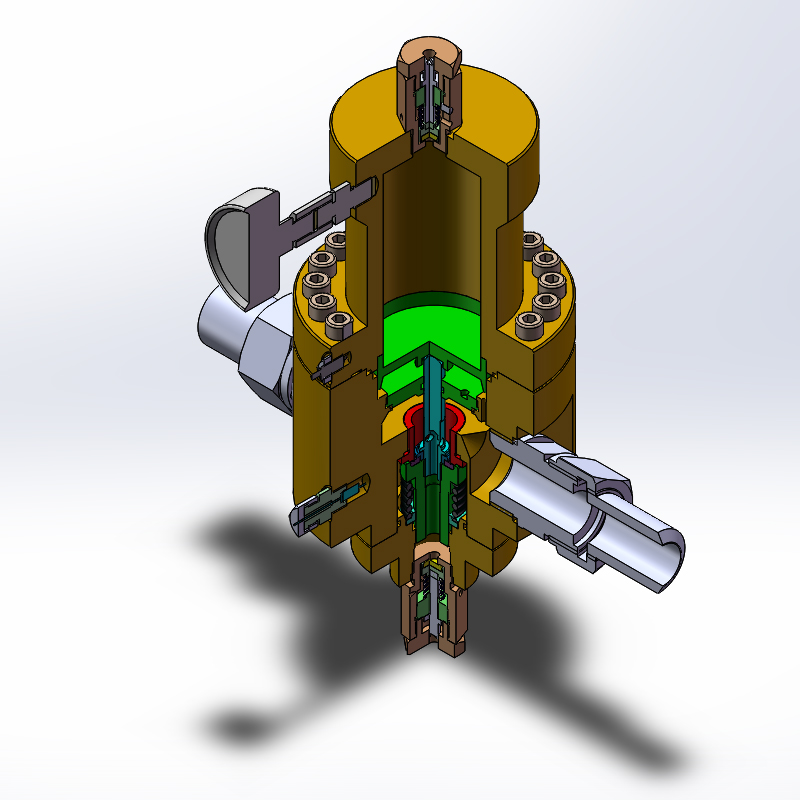
Nov . 23, 2024 00:21
Back to list
metering systems
Understanding Metering Systems Key Components and Applications
Metering systems play a critical role in various industries, allowing for the accurate measurement of resources such as electricity, water, gas, and even manufacturing processes. These systems enable businesses and utilities to monitor consumption, manage resources efficiently, and ensure accurate billing for users. In this article, we will delve into the fundamental components of metering systems, their applications, and the future trends shaping this essential technology.
Fundamental Components of Metering Systems
At the core of any metering system are the sensors and devices that measure the quantity of a resource. These devices can vary significantly based on what they are measuring. For instance, electric meters use electromagnetic induction or current transformers to gauge electricity usage, while water meters typically operate on either a mechanical or electronic basis, recording flow rates and total volume. Gas meters also employ various technologies, such as diaphragm or turbine meters, to track consumption.
Another crucial component is the data acquisition system. This system collects information from the meters, converting raw measurement data into a format that can be analyzed and interpreted. This may occur through wired connections, such as RS-485 or Ethernet, or wireless methods like radio frequency or cellular transmission. The integration of Internet of Things (IoT) technology is revolutionizing this area by enabling real-time data collection and remote monitoring.
Processing and management software is the third pillar of metering systems. Once data is collected, it is sent to a central management system where it is analyzed and processed. This software can generate reports, track trends, and provide insights that help organizations understand usage patterns. Advanced analytics can assist in forecasting demand, detecting anomalies, and ensuring operational efficiency.
Applications of Metering Systems
Metering systems have widespread applications across various sectors. In the utility industry, these systems are fundamental to measuring and billing energy consumption. Smart meters, a next-generation version of traditional meters, provide real-time data transmission, enabling utilities to enhance grid management, reduce losses, and improve customer service. By empowering consumers with insights into their usage patterns, smart meters encourage energy conservation and efficiency.
metering systems

In the water management sector, metering systems are essential for resource management, helping utilities detect leaks, monitor pressure, and optimize supply
. Accurate water usage data is crucial, especially in areas facing drought or water scarcity, as it enables better planning and conservation efforts.The manufacturing sector also benefits from metering systems, where they are utilized to monitor and control processes. Flow meters, for example, are used to ensure that the right amounts of raw materials are used in production, helping to maintain quality and reduce waste. In the food and beverage industry, precise metering can improve consistency and compliance with safety regulations.
Future Trends in Metering Systems
The metering systems landscape is rapidly evolving, primarily due to advancements in technology. The integration of IoT devices allows for more sophisticated data collection and analytics, leading to smarter resource management solutions. For instance, predictive maintenance driven by data analytics can significantly enhance the lifespan and performance of metering devices.
Additionally, the rise of renewable energy sources is prompting the development of metering systems that can accommodate complex energy-sharing arrangements. This will be essential for the effective operation of decentralized power generation systems, where energy is produced by consumers and fed back into the grid.
Data security is also becoming a paramount concern as metering systems become increasingly connected. The protection of sensitive consumption data against cyber threats will require robust security measures and protocols.
In conclusion, metering systems are indispensable tools in the modern world, facilitating the efficient monitoring and management of essential resources. As technology continues to advance, these systems will become even more sophisticated, providing unprecedented insights and driving efficiency across industries. Embracing these innovations will not only enhance operational effectiveness but also contribute to sustainable resource management in an increasingly resource-constrained world.
Next:
Latest news
-
Safety Valve Spring-Loaded Design Overpressure ProtectionNewsJul.25,2025
-
Precision Voltage Regulator AC5 Accuracy Grade PerformanceNewsJul.25,2025
-
Natural Gas Pressure Regulating Skid Industrial Pipeline ApplicationsNewsJul.25,2025
-
Natural Gas Filter Stainless Steel Mesh Element DesignNewsJul.25,2025
-
Gas Pressure Regulator Valve Direct-Acting Spring-Loaded DesignNewsJul.25,2025
-
Decompression Equipment Multi-Stage Heat Exchange System DesignNewsJul.25,2025

